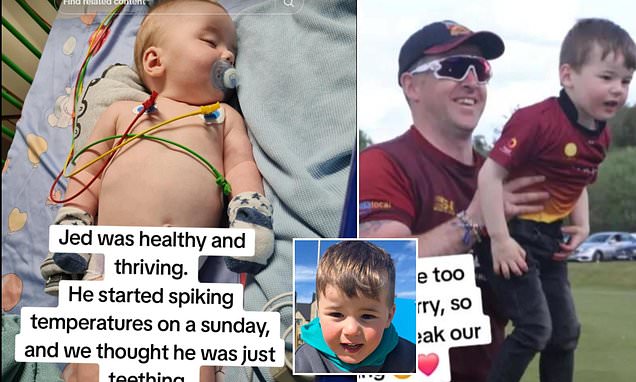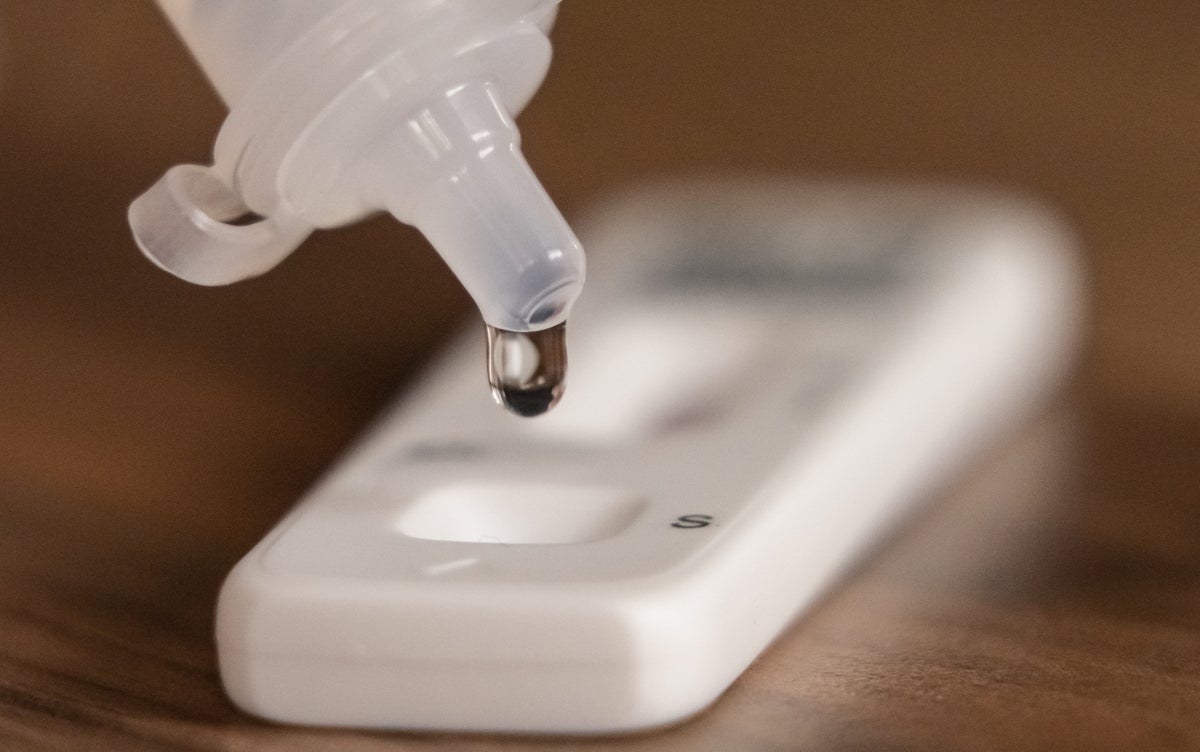Long COVID mental health recovery takes significantly longer than physical healing, according to new research from UCLA that tracked patients for one year after infection.
The study, published in Open Forum Infectious Diseases, found that people with COVID-like symptoms returned to optimal physical well-being within three months of infection but required up to nine months to regain pre-COVID mental health status. That equates to a threefold difference in recovery time. The findings go on to report that even one year post-COVID, approximately 20% of participants continued experiencing suboptimal overall health-related quality of life.
“We have newly recognized the difference in recovery with respect to mental vs physical well-being after a COVID infection,” said Lauren Wisk, PhD, assistant professor of medicine at UCLA’s David Geffen School of Medicine and the study’s co-lead author. “The findings showed that healthcare professionals need to pay more attention to their patients’ mental well-being after a COVID-19 infection.”
Researchers examined 4,700 participants who experienced COVID-like symptoms between December 2020 and August 2022. Of these, 75% tested positive for the virus while 25% tested negative. The study tracked responses from 1,096 COVID-positive and 317 COVID-negative participants regarding physical function, anxiety, depression, fatigue, social participation, sleep disturbance, pain interference and cognitive function.
Four distinct well-being categories emerged from participant responses: optimal overall health, poor mental health, poor physical health and poor overall health-related quality of life. The research revealed that while physical health improvements occurred within three months, mental health recovery appeared more gradual, with significant improvements manifesting between six and nine months after infection.
Interestingly, COVID-positive participants were statistically more likely to return to optimal health-related quality of life compared to COVID-negative counterparts over the year-long follow-up period. This suggests that health authorities may have underestimated the long-term effects of other non-COVID infections on well-being, according to the researchers.
“Future research should focus on how to improve the treatment models of care for patients who continue to experience COVID-19 symptoms,” Wisk said, noting that one in five patients may continue suffering over a year after initial infection, likely reflecting long COVID effects.





